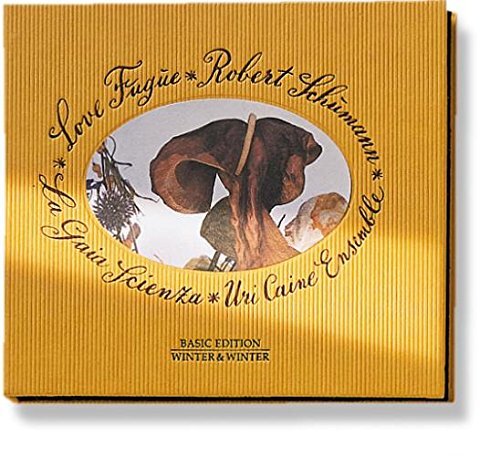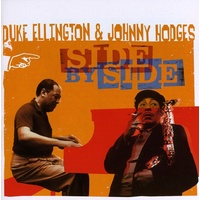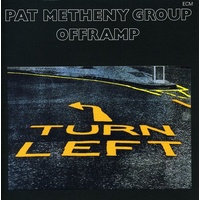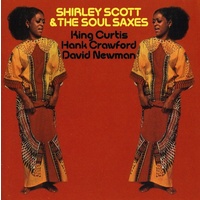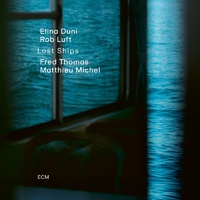2000 release
The poet speaks
Robert Schumann possessed a broad literary culture. For some time he actually hesitated as to whether he was meant to be a musician or a writer. "I don’t know clearly yet what I actually am" ["Was ich eigentlich bin, weiß ich selbst noch nicht klar"], he wrote in his diary at the age of seventeen. "Posterity will decide whether I am a poet, because you can never become one" ["Ob ich ein Dichter bin – denn werden kann man es nie – soll die Nachwelt entscheiden"]. As a young man he wrote many poems and his well known passion for Jean Paul, Joseph Eichendorff, E.T.A. Hoffmann or Heinrich Heine inspired him not only in his life - which he so willingly transformed into literature - but also in his music. Although the influence of literary fiction and imaginary worlds can be sensed in one form or another in many of his early piano works, his natural union with voice was not realized until 1840, the year he married Clara Wieck, after having overcome stormy times and a lengthy trial. That year was marked by an extraordinary flourishing of songs. "Ah, Clara, writing songs is truly a blessing" [Ach, Clara, was das für eine Seligkeit ist, für Gesang zu schreiben], confesses Schumann, overwhelmed by the tide of his own creativity. Its fruits cannot but leave us astonished: within a period of a few months more than a hundred songs were born [the cycles and collections span from op. 24 to op. 57] - an inexhaustible love offering to Clara. "Ah, I cannot do anything else, I’d like to sing till death like the nightingale" ["Ach, ich kann nicht anders, ich möcht mich tot singen wie die Nachtigall"], is to be read in a letter dated May 15 of that year.
After his much praised forays into the music of Richard Wagner and Gustav Mahler, Uri Caine now approaches Dichterliebe with a similar frame of mind: remaining faithful to the essence of the piece, he delves into its endless potential for transformation, into hidden readings, or glimpses into the future. Heine’s poems give way to improvised texts and vocalizations or to whistling by the singer Mark Ledford, but the work remains an indivisible and homogeneous cycle thanks to the original melodies and piano parts. Of course, these are not merely and literally reproduced – they are freely and creatively assumed, with no predetermined rules and they may even work as the starting point to extended improvisations [as in Ich will meine Seele tauchen or Ein Jüngling liebt ein Mädchen]. Caine has also left some basic cohesive elements untouched, like the return of the piano epilogue of Am leuchtenden Sommermorgen at the end of the last song of the cycle, Die alten, bösen Lieder.
Schumann’s Lieder are, first and foremost, a radical poetical statement. This is why Caine decided at times to work with recited poems by other writers [Julie Patton, Naoko Takahashi or his own mother, Shulamith Wechter Caine]. They fit naturally into his conception of the piece, as do David Gilmore’s guitar [in constant metamorphosis] or David Moss’ vocal improvisations, essential to providing songs like Im Rhein, im heiligen Strome with a new sound personality which brings out their dramatic side. As in the last piece of Schumann’s Kinderszenen, in Caine’s version "the poet speaks" - an approach which partakes of the same philosophy which seems to have inspired Dichterliebe.
The four movements of Schumann’s Piano Quartet op. 47 [written in 1842, the year when most of his creative energies were directed towards chamber music] are interspersed with the sixteen Dichterliebe songs. As was the Piano Quintet, this music is ultimately meant for Clara. Its last movement reflects what Schumann himself named the Fugenpassion which he and Clara experienced after their marriage, being wholly absorbed by the study and performing of Bach’s fugues. Performed by La Gaia Scienza [Federica Valli, Stefano Barneschi, and Paolo Beschi, who had previously recorded Franz Schubert's Piano Trios for Winter & Winter, and who are joined here by the violist Marco Bianchi] with period instruments, the Piano Quartet works as a surprisingly complementary counterpoint to Uri Caine’s renewal of Dichterliebe. Performed in a spirit either of fidelity or freedom, both works converge on Clara and, with or without words, they are clearly the work of a poet.
- Luis Gago
(025091004928)
| SKU | 025091004928 |
| Barcode # | 025091004928 |
| Brand | Winter&Winter |
Be The First To Review This Product!
Help other Birdland Records users shop smarter by writing reviews for products you have purchased.

